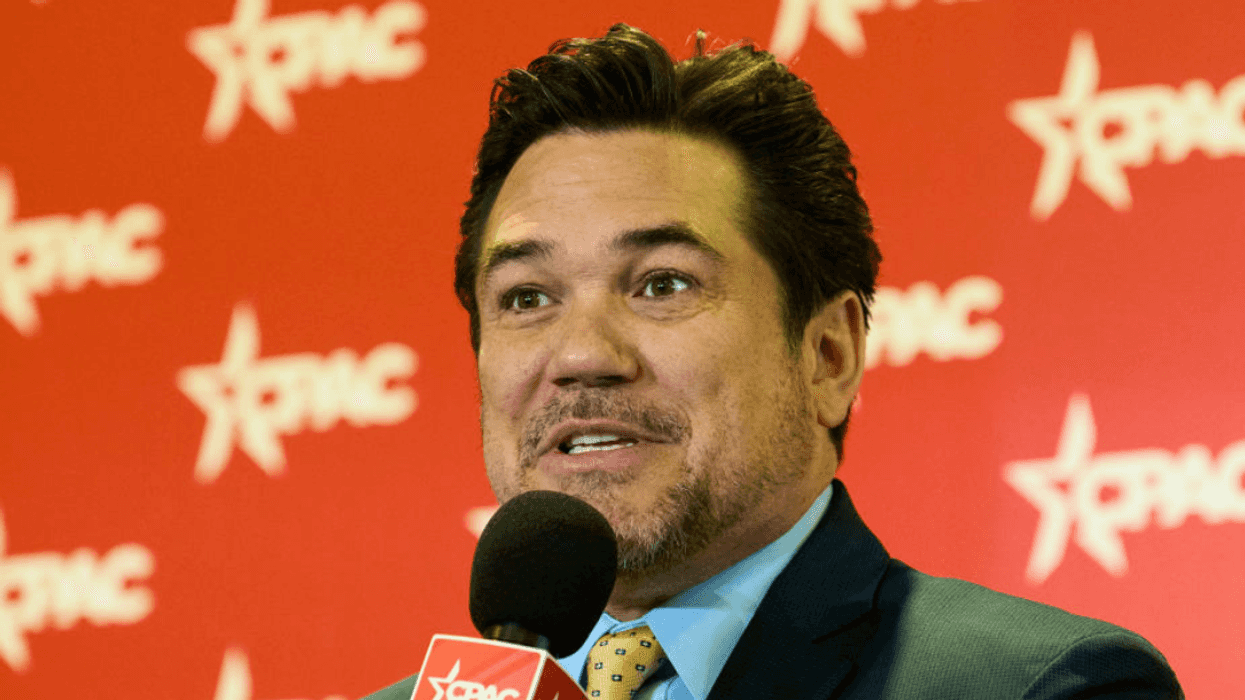In two tweets, President Donald Trump, without providing evidence, denied that 3,000 people died in the aftermath of Hurricane Maria in Puerto Rico. He also claimed that the "really large numbers" that news outlets have reported are the work of a Democrat-led conspiracy.
"Bad politics. I love Puerto Rico!" the president said, in part.
The president earned a harsh rebuke from San Juan Mayor Carmen Yulin Cruz, who criticized him in several tweets.
Advocates, she said, "deserve better than this."
She called him "delusional, paranoid, and unhinged from any sense of reality."
She also took the president to task for his claim that the death toll from the hurricane is a conspiratorial ploy orchestrated by Democrats.
And that wasn't all.
Others joined Cruz in expressing their anger and disbelief.
Yesterday, Cruz slammed the president after he claimed his administration’s efforts in Puerto Rico in the aftermath of Hurricane Maria “is one of the best jobs that has ever been done.”
“If he thinks the death of 3,000 people os [sic] a success God help us all,” Cruz said in part.
She added: “Can you imagine what he thinks failure looks like?”
Trump responded soon after, giving his administration “A Pluses for our recent hurricane work in Texas and Florida,” adding that they “did an unappreciated great job in Puerto Rico.” He also called Cruz “incompetent.”
Almost immediately after the president issued his tweet, Politifact, the Pulitzer Prize-winning fact-checking service, opted to refresh the president's memory.
"Many news reports latched on to the number 4,645 in a new Harvard University study about the death toll in Puerto Rico from Hurricane Maria — more than 70 times above the government’s official count," Politifact noted on June 5, 2018, continuing:
While the number grabbed headlines, it requires explanation about the methodology and what the study actually found. The number is an estimate, not a specific count of documented deaths.Death counts after a disaster are important, because they fuel recovery efforts and planning for the future. For months, researchers have said that the government’s official count of 64 from the September storm was an undercount. The Harvard Study, published in the New England Journal of Medicine a few days before the start of the June 1 hurricane season, has attracted a lot of attention.
For months, Puerto Rico's government claimed that the official death toll stood at 64, but Mario Marazzi-Santiago, director of the Puerto Rico Institute of Statistics, said a "growing body of literature and growing scientific consensus that it is not 64" and finding "the right number" would take some time.
But death estimates are challenging, and for a multitude of reasons:
Part of a death toll is a count of direct deaths from a storm, such as being struck by a falling tree or drowning in a flood.The more complicated count comes from indirect deaths caused by unsafe or unhealthy conditions, such as a lack of electricity cutting off a dialysis machine to a kidney patient.
Usually, the death toll of an event such as Hurricane Maria is determined through an exam by a medical examiner. But Puerto Rico officials did not have the proper resources to effectively conduct forensic examinations.
Without complete medical records, researchers were left with other ways to try to come up with an estimate.
A study conducted by researchers from Harvard T.H. Chan School of Public Health relied on interviewing people and asking them about deaths in their households, selecting 3,300 randomly chosen households. The researchers found 38 deaths after Hurricane Maria, including three from "direct causes" and 12 from "interruption of necessary medical services."
Although researchers concluded that "there was a range of 793 to 8,498 deaths with a confidence interval of 95 percent," most media outlets reported the midpoint number 4,645 "excess deaths," a figure which garnered significant media attention and also contributed to confusion about the death toll.
A George Washington University study published last month revised the island’s official death toll to 2,975 people, many of whom died due to lack of aid, electricity, water, and access to medical care. The Trump administration shuffled its feet in response to the disaster and was savaged for offering aid remarkably quickly to the victims of Hurricanes Harvey and Irma by comparison.



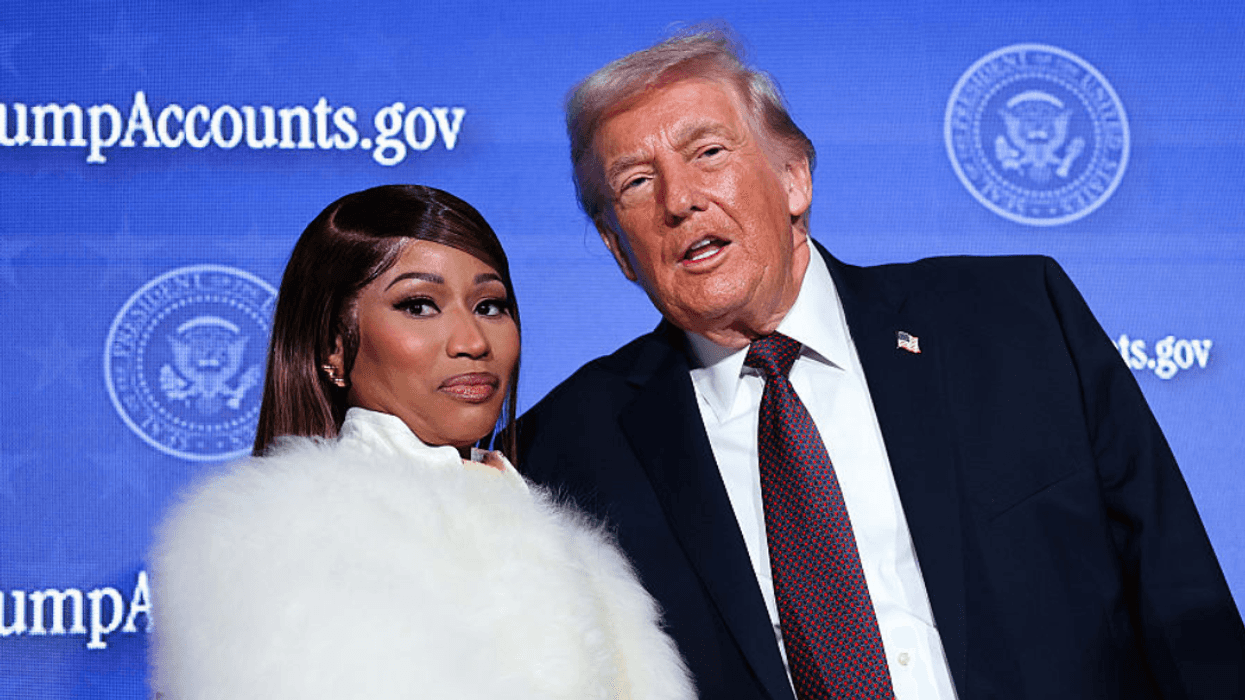
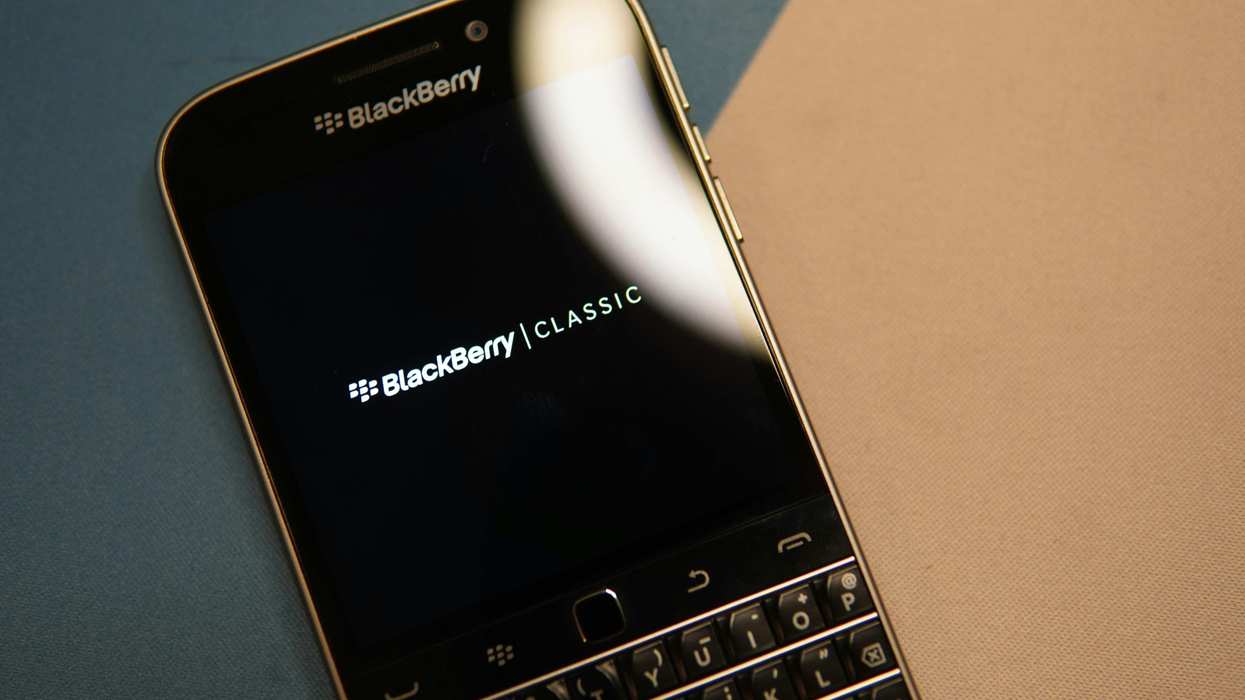
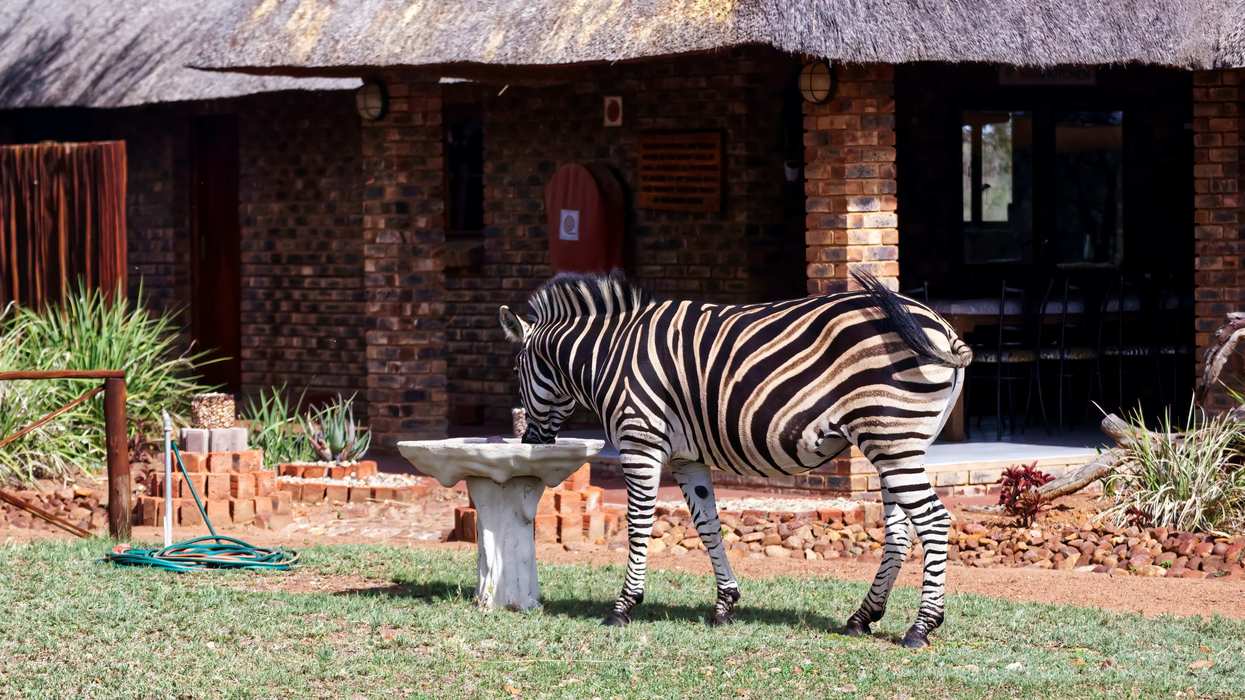
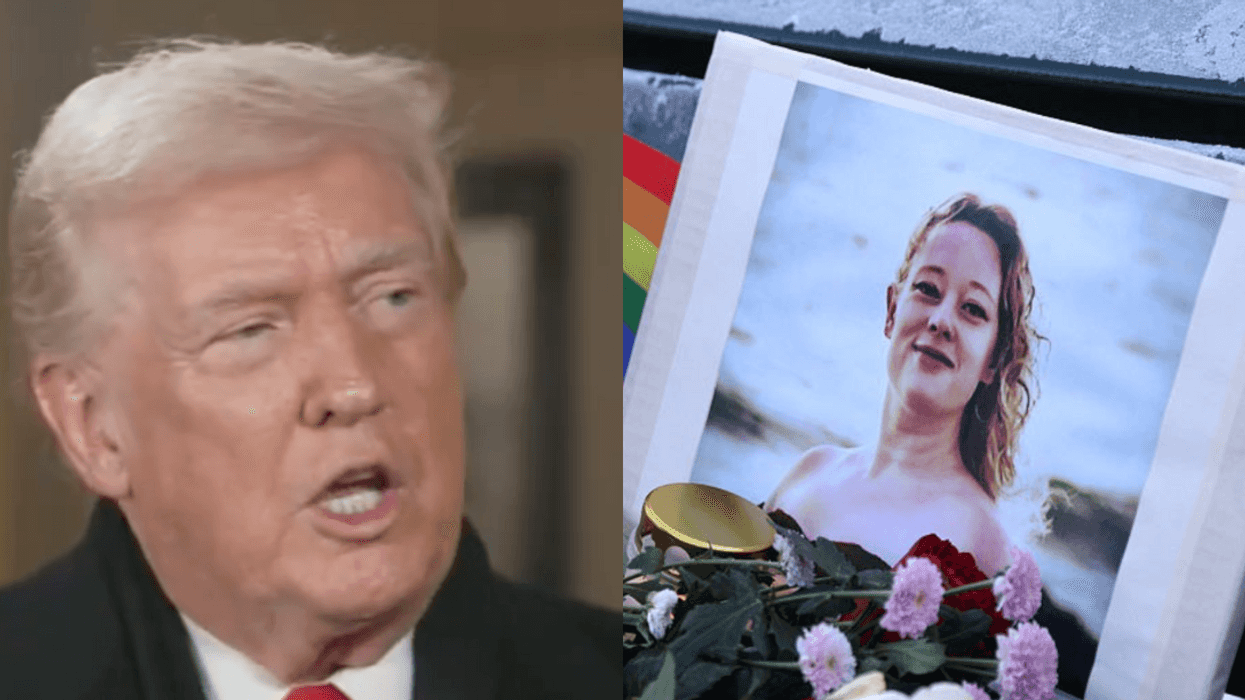
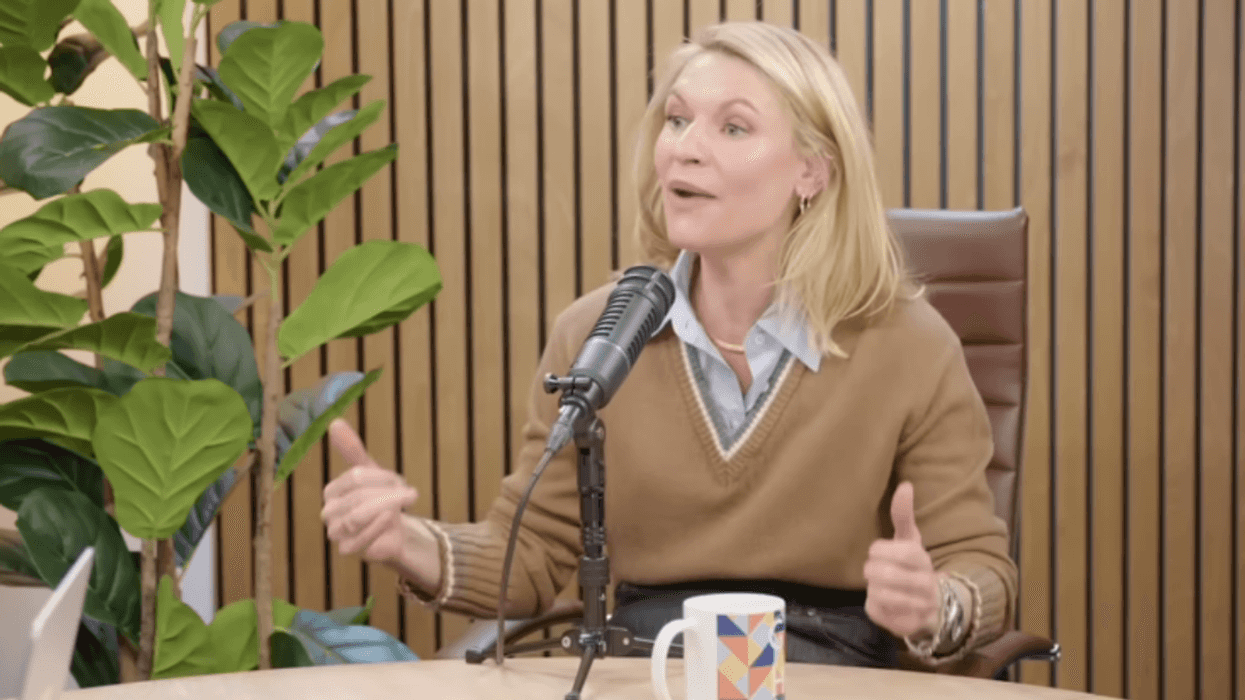
 E! News/Facebook
E! News/Facebook E! News/Facebook
E! News/Facebook E! News/Facebook
E! News/Facebook E! News/Facebook
E! News/Facebook E! News/Facebook
E! News/Facebook The Film Fanbase/Facebook
The Film Fanbase/Facebook The Film Fanbase/Facebook
The Film Fanbase/Facebook The Film Fanbase/Facebook
The Film Fanbase/Facebook The Film Fanbase/Facebook
The Film Fanbase/Facebook The Film Fanbase/Facebook
The Film Fanbase/Facebook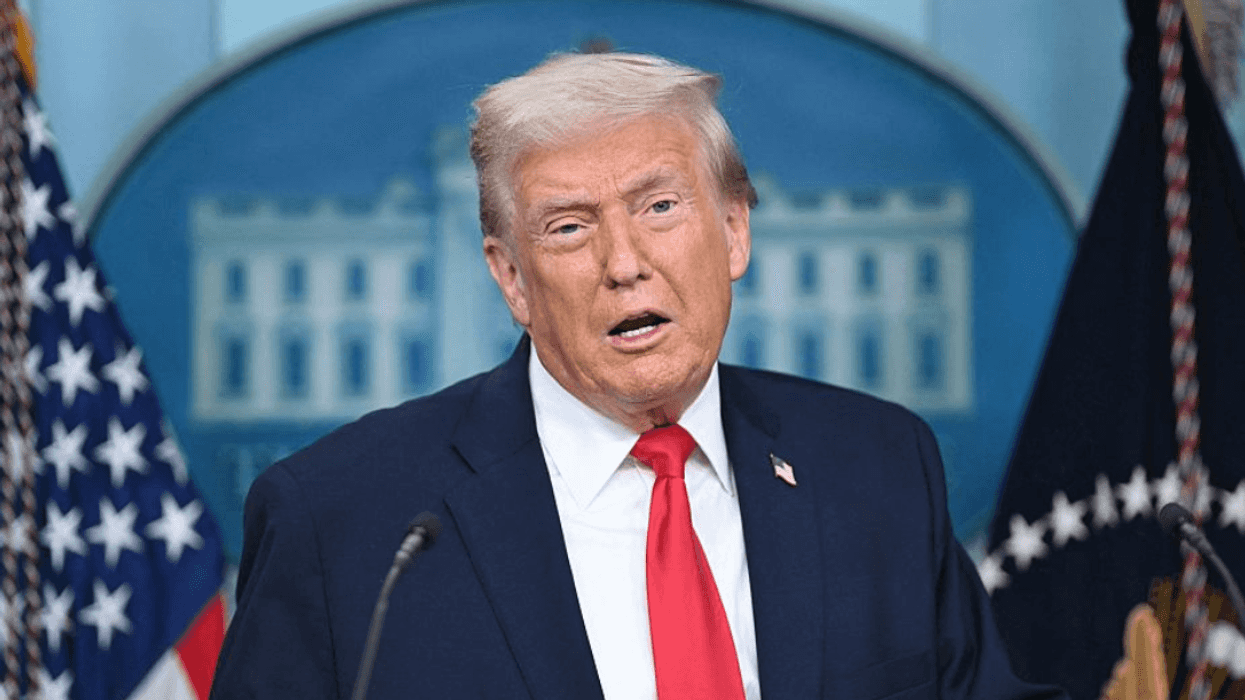

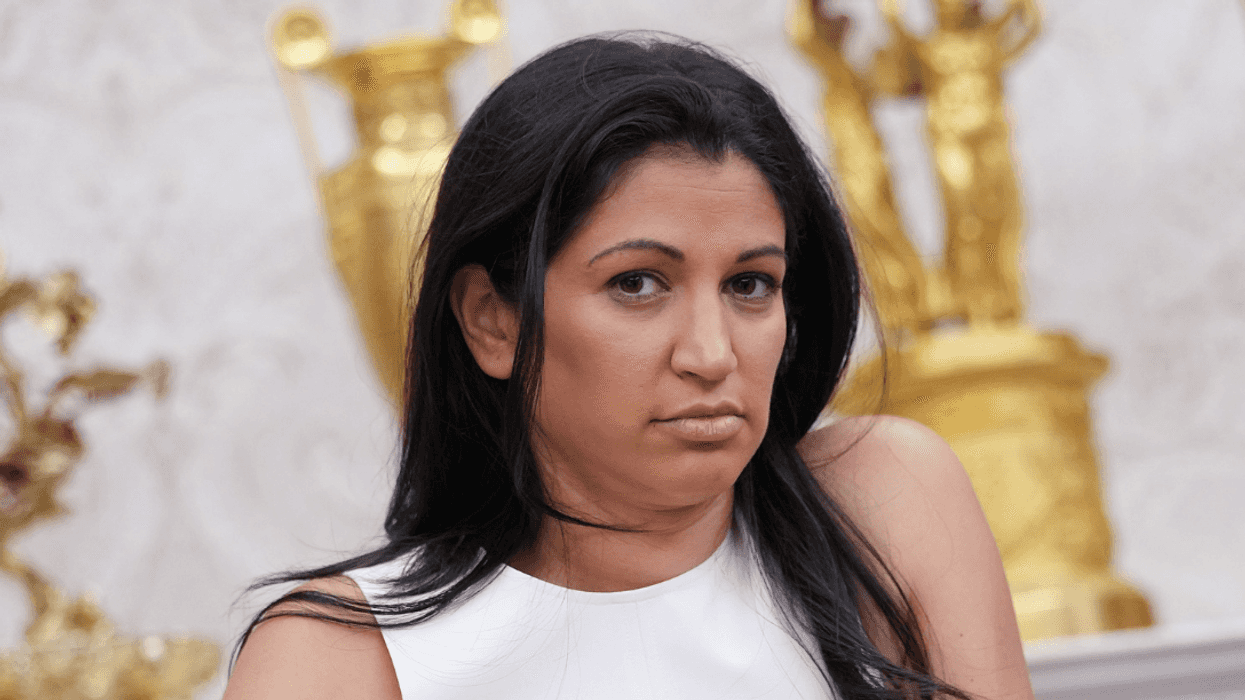


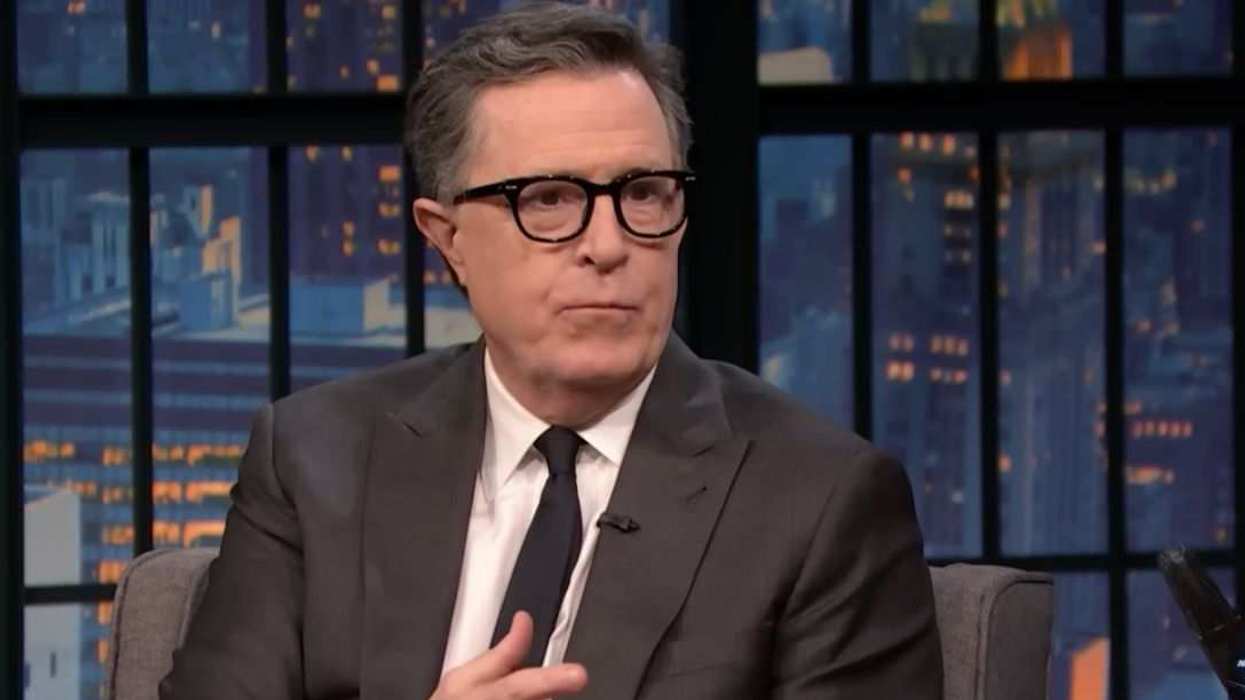
 @speltwith2as/Instagram
@speltwith2as/Instagram @annabrup/Instagram
@annabrup/Instagram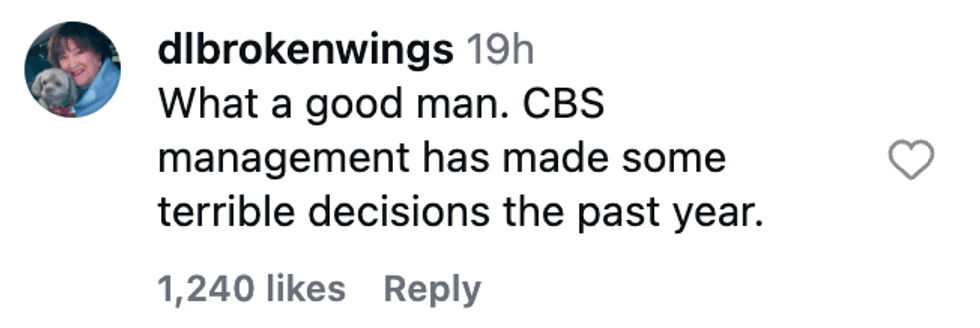 @dlbrokenwings/Instagram
@dlbrokenwings/Instagram @lalabei_v.2.0/Instagram
@lalabei_v.2.0/Instagram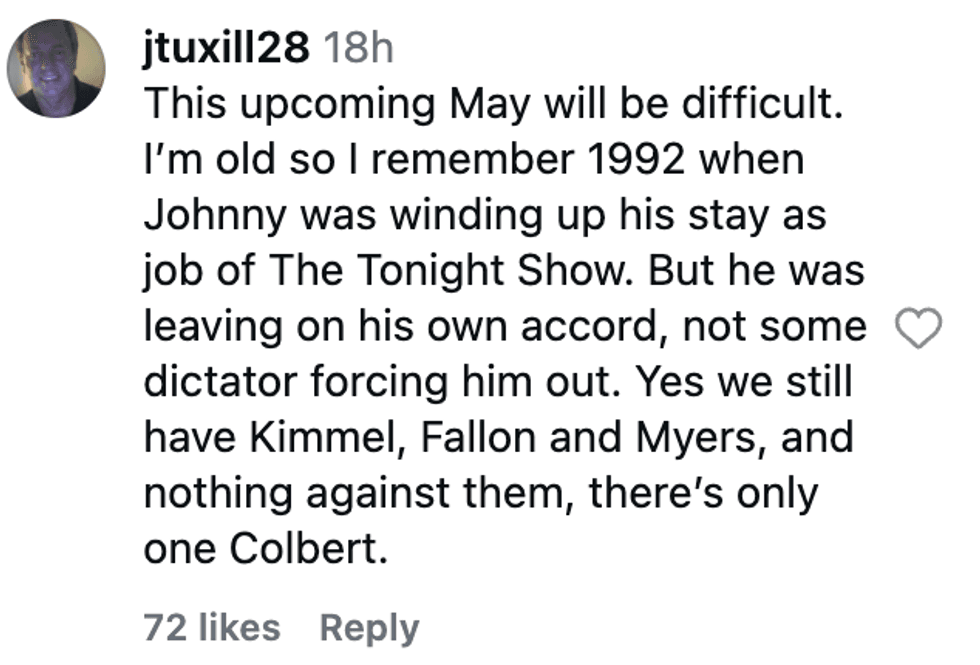 @jtuxill28/Instagram
@jtuxill28/Instagram @greeneggs_goham/Instagram
@greeneggs_goham/Instagram @mswaimea/Instagram
@mswaimea/Instagram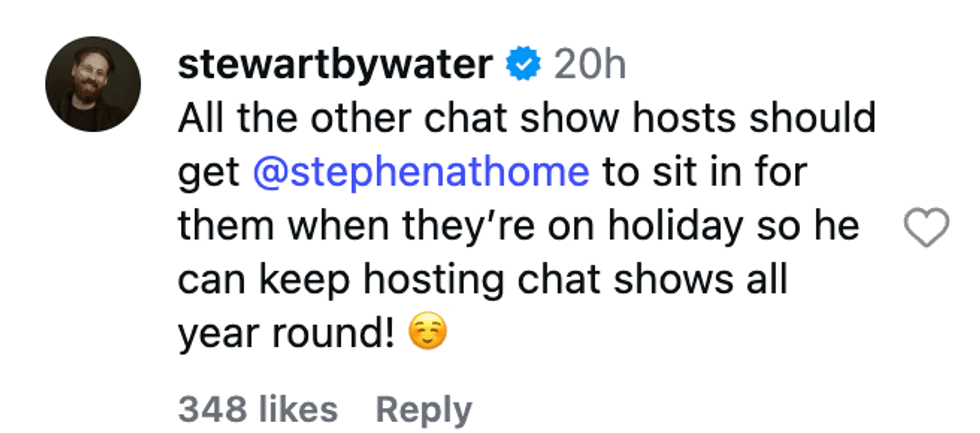 @stewartbywater/Instagram
@stewartbywater/Instagram @villanelle_neverkilling_eve/Instagram
@villanelle_neverkilling_eve/Instagram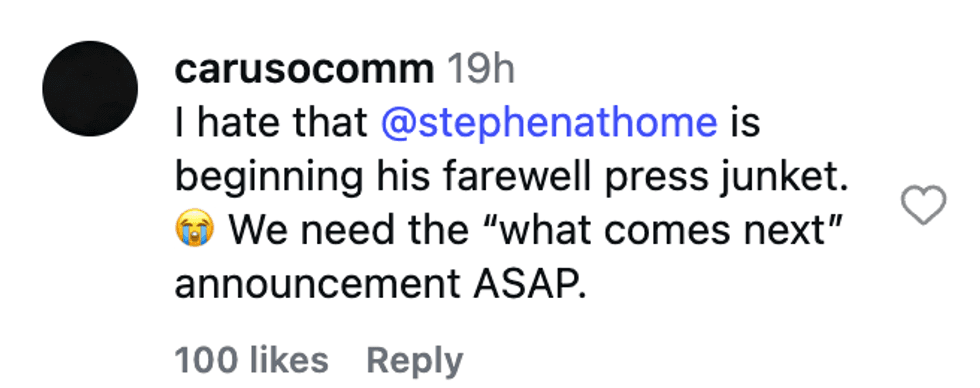 @carusocomm/Instagram
@carusocomm/Instagram @paulrmorales/Instagram
@paulrmorales/Instagram @psinger22/Instagram
@psinger22/Instagram
